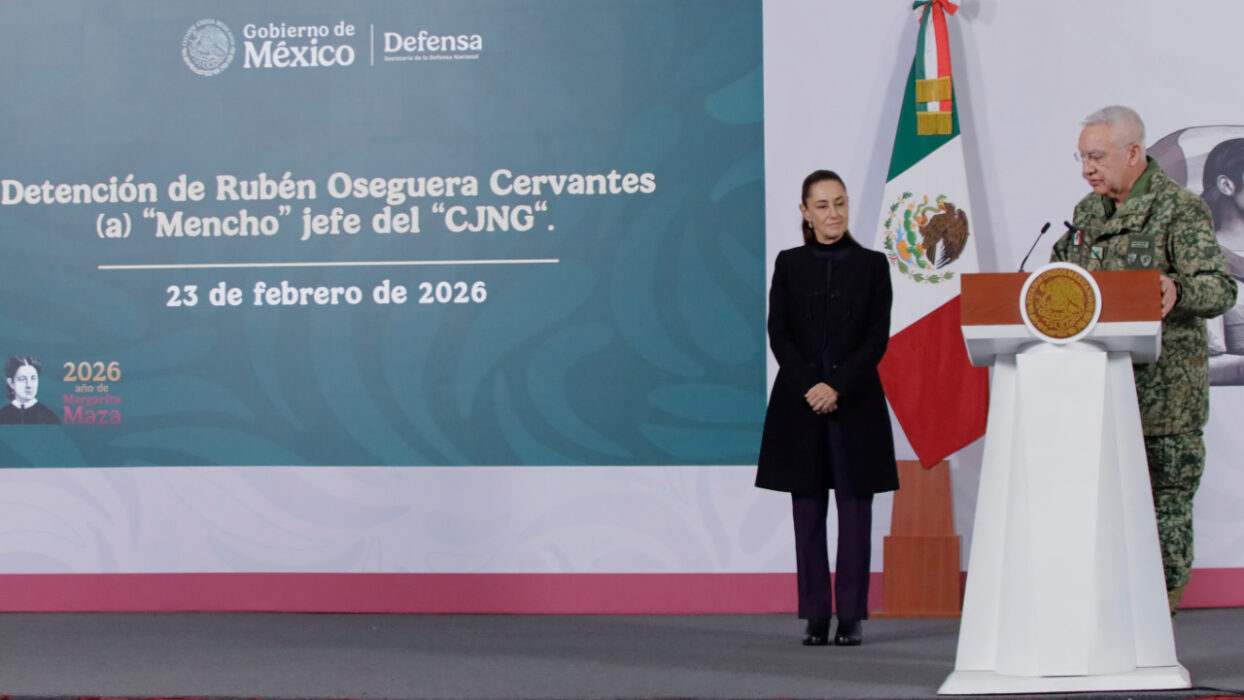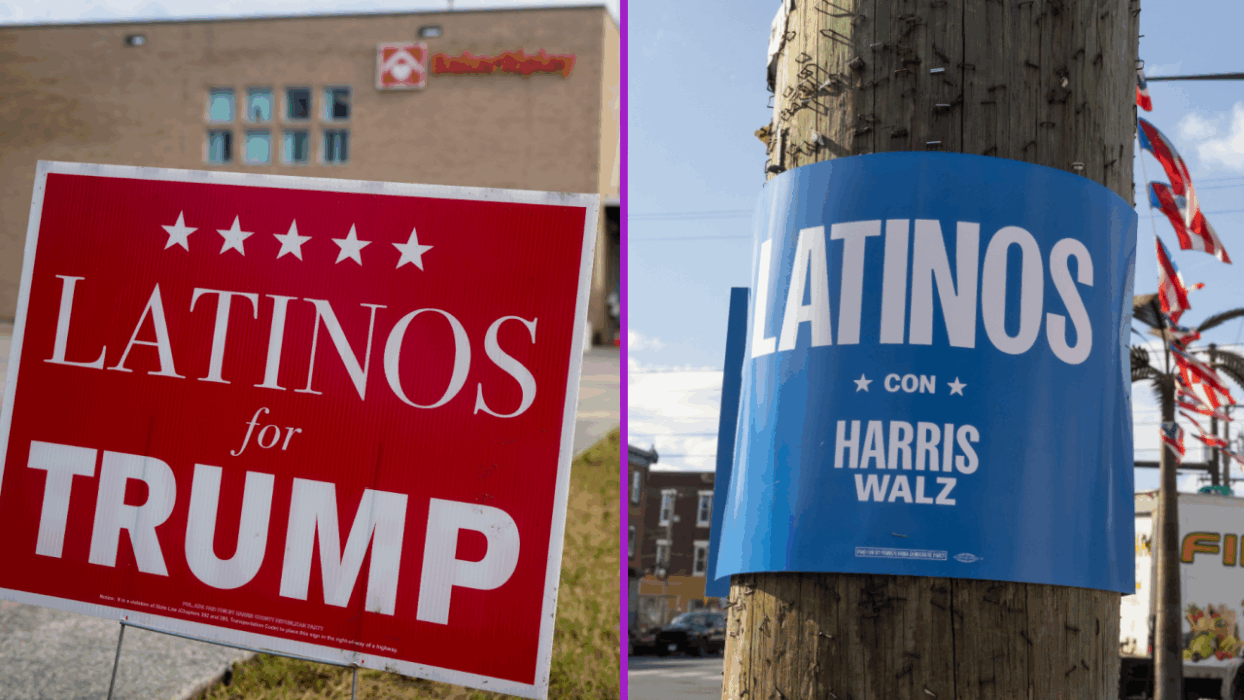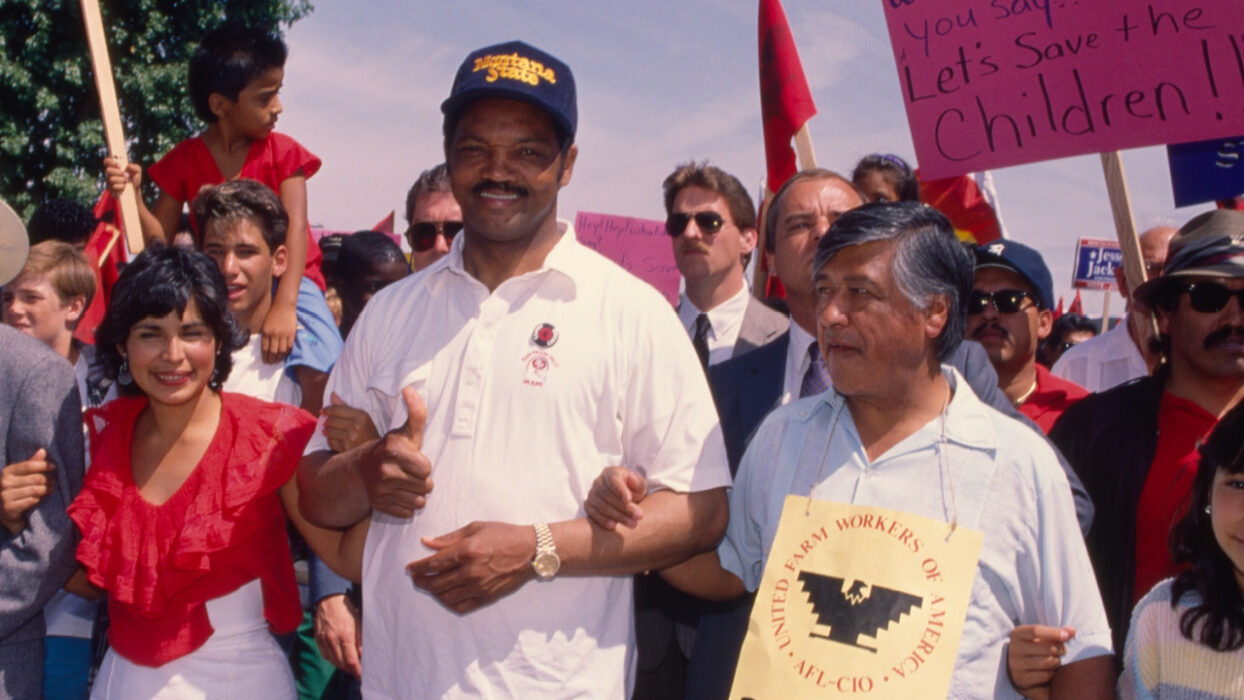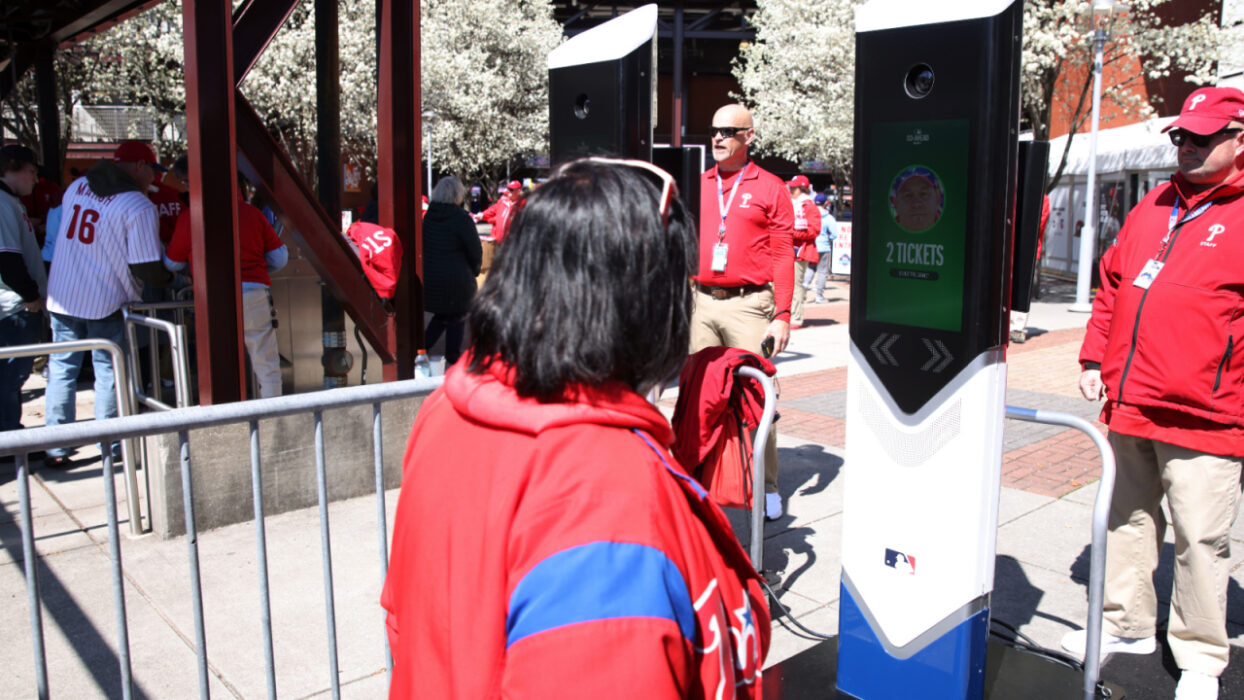
This Indigenous Jefa’s Coca Leaf Business Won a Lawsuit Against Coca-Cola
Fabiola Piñacué’s story is what you need to read today. The indigenous jefa is the founder of Coca Nasa, Colombia‘s first company centered on making coca leaf products.
Piñacué’s tale is full of ambition, hardships and a crazy David and Goliath-esque legal fight with Coca-Cola. Spoiler alert: she won.
As detailed in the founder’s interview with El Tiempo, she was born in the Calderas indigenous reservation in Cauca, Colombia. Piñacué is a proud member of Pueblo Nasa, who have incorporated the benefits of the coca plant into their culture for generations.
Chewing the leaf has long been touted to alleviate pain or boost energy, while research shows it may help gastrointestinal issues. Piñacué herself had long used the coca plant in her daily life and saw an opening in the market to create products with it.
What she didn’t know? She would also have to battle society’s preconceived notions about anything with the word “coca” in it.
Piñacué took her coca leaves to university in the late 90s — the rest is history
As detailed by Coca Nasa, the future Jefa attended Bogotá’s Universidad Javeriana in the late 90s, where she studied political science. According to El Tiempo, she took her coca leaves wherever she went and soon began to tell her peers about their benefits.
“I started in a traditional way, offering the coca leaf to people,” she said. “Bringing them aromatics, making them try it and teaching people that coca leaves could be ingested.”
Soon, Piñacué realized she could build a business by creating everyday products out of the coca plant— while giving back financially to her indigenous community. At that moment, her company, Coca Nasa, was born.
As per another interview with EFE, Piñacué even spent nights making “little packets” of coca leaves while studying. As her company got off the ground, she sold these packets for 1,000 pesos. She says the leaves helped her peers with energy “to stay awake at night while they studied.”
However, getting Coca Nasa into the public consciousness wasn’t easy. In fact, there was a new hurdle at every step. The founder told El Tiempo that once her business grew, she couldn’t find anyone who would want to package it.
“We looked for someone to package the leaves, but since it was coca, no one wanted to do it,” she shared.
Her solution? “We had to tell the lady who ground the leaf that it was a herb, and she never knew it was coca until later.”
Hurdles aside, the founder knew she had something special on her hands — as her ancestors had taught her from day one. “For us, the coca leaf is a blessing because it has taken away our hunger, thirst, tiredness, the pain in our soul and physical pain.”
Where is Coca Nasa today?
Piñacué was a guerrera and pioneer in teaching people the benefits of the raw coca plant — and its difference from its psychoactive alkaloid, cocaine. In fact, the leaves must go through a chemical process and extraction to create the addictive drug.
That’s why the founder leads by educating people about the coca plant’s history. As she saw her customers realize “no one died after drinking the tea,” she noticed part of the issue with coca had to do with forgetting indigenous culture.
She explained, “I think people had forgotten that coca leaves were a drink, and we had to remind people of those traditions in Bogotá.”
Today, as per EFE, Coca Nasa employs 20 people. The company buys the plant from Cauca’s farmers, has a factory in Bogotá and makes an array of products. One look at their website shows they produce teas, cookies, drinks, body gels, oils and pomades, all incorporating the coca plant.
Piñacué continues to succeed in her mission of bringing knowledge of the coca plant to people less familiar with it.
She described wanting to share the coca plant with others through “a healthy, calm product, rooted in [their] ancestors.”
The company won a lawsuit against Coca-Cola
One of Coca Nasa’s most popular products is their Coca Sek soft drink, which has “energizing properties” from its coca component.
Another soft drink that famously uses coca leaf extract? Coca-Cola. Of course, the brand took out all traces of cocaine allegedly present in the drink until the early 20th century. However, its formula still reportedly uses “decocainized” coca leaf extract.
While the similarities end there, incredibly enough, Coca-Cola took legal action against Coca Nasa in 2006.
Piñacué explained to El Tiempo, “Many tried to claim our name. Coca-Cola sued but they didn’t win anything because pointed to our cultural heritage.”
On Coca Nasa’s website, they also explained the lawsuit, which centered on their drink Coca Sek:
“[Coca-Cola] claimed property rights on the word ‘Coca,’ but didn’t win. Our defense centered on asking to recognize our collective rights on the coca leaf.”
Latin America’s indigenous people have used the coca leaf for thousands of years and is a deep-rooted cultural tradition. In that case, how could a U.S.-based corporation own the word “coca”?
In short, although Coca-Cola’s representatives wanted Piñacué to remove “coca” from her soda’s name, she stayed firm… and won the case.
If that’s not jefa behavior, we don’t know what is.




